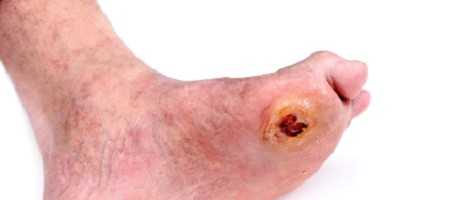Hundreds of hospital specialists have warned that patients with heart disease, cancer, and other conditions will die needlessly under new NHS funding proposals.
The risk of both heart disease and various types of cancer is increased by diabetes, making the proposals a concern for patients with the disease.
More than 300 consultants have written an open letter to the head of the NHS, demanding that the funding proposals be reverse.
Under the new funding proposals, hospitals providing specialist care to increasing numbers of patients will be reimbursed for only half the cost of every extra case.
The proposals were devised with the aim of putting more funds into out-of-hospital care, in order to focus on long-term prevention of disease.
The funding proposals may cause significant concern for people with diabetes: the condition increases the risk of a number of health problems that require specialist care, including heart disease, stroke, and some kinds of cancer. In fact, coronary heart disease is recognised as the cause of death for 80 per cent of people with diabetes.
The letter argues that if the formula goes ahead, there will “inevitably be avoidable deaths as patients die on waiting lists or find that their disease has progressed during the wait for treatment, to the point that it is no longer curable.”
“The clinical consequences of these longer waiting times and lower quality service to patients with conditions such as heart disease, liver disease, leukaemia, complex cancers etc will be severe.”
Dr. David Rosser, medical director of University Hospitals Birmingham Foundation trust, and lead author of the letter, believes that the proposals are “destructive,” and based on a strategy to shift services into the community that he argues has failed. Dr. Rosser said: “This is the latest in a long line of punitive measures aimed at hospitals during more than a decade of a commissioning strategy based on the ideology of moving more care into the community.
“The strategy has persisted despite all the evidence that community services are not capable of dealing with emergency care to a level which reduces pressure on hospitals.”
An NHS England spokesperson said: “We will listen carefully to all consultation responses to these proposals, while recognising that providers of specialised services have enjoyed income increases of over £1 billion over the past two years and now have some of the highest profit margins in the NHS – all at a time when there is also a strong case for investment in ambulance services, mental health services, primary care and A&Es.”
What's new on the forum? ⭐️
Get our free newsletters
Stay up to date with the latest news, research and breakthroughs.






